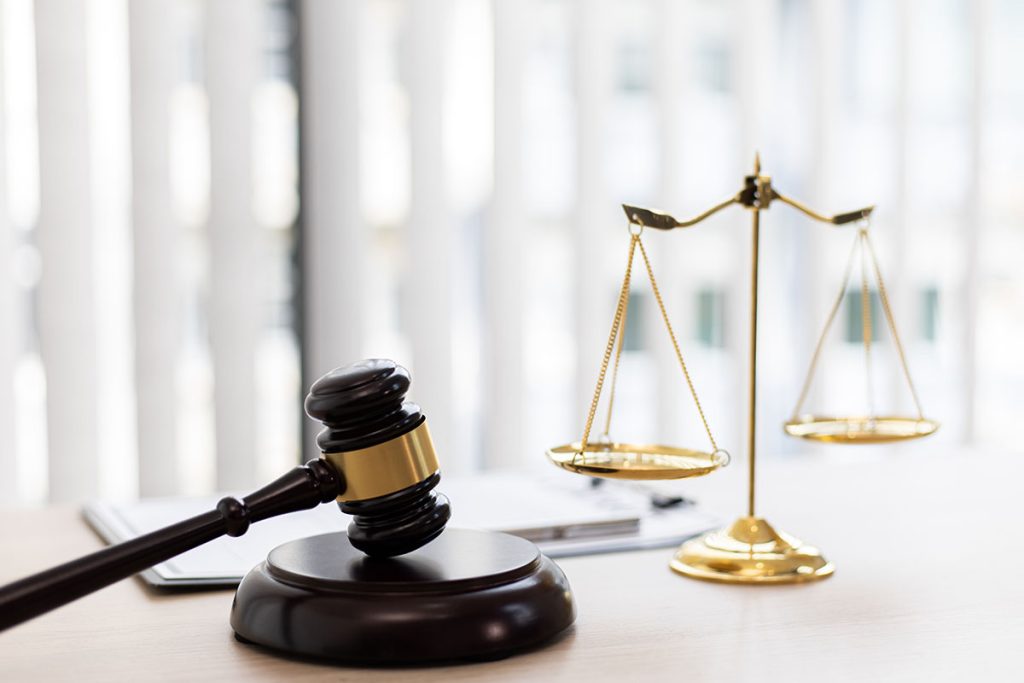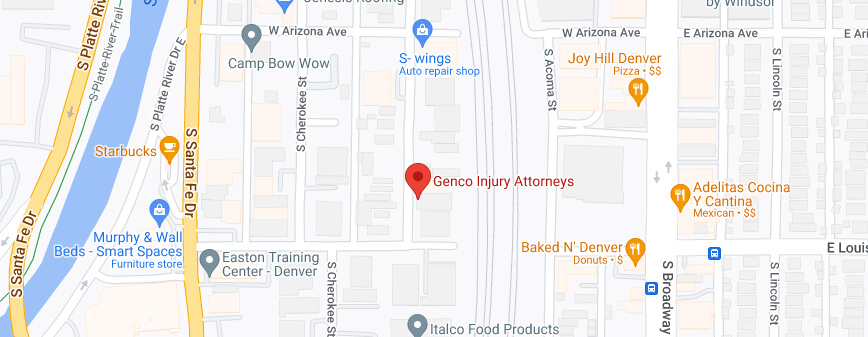If you have been hurt due to an accident caused by someone else’s negligence, it can be a painful and frustrating experience. You may be watching the bills pile up as you sit unable to work due to an injury. This can cause feelings of stress and anxiety. You may wonder how soon your personal injury lawsuit will be over so you can begin to get your life back to normal. Unfortunately, this is a difficult question to answer because it depends so heavily on the specific circumstances of your case and the extent of your injuries. In general, many cases are settled within a year or two, but your lawsuit could take significantly longer or shorter.
What Are the Stages of a Personal Injury Lawsuit?
It is essential to know the stages a personal injury lawsuit goes through because it will help you understand how far you’ve come and what you should expect as time goes on. Each step takes time to complete, and your lawyer should give you updates as your case progresses. The stages for a personal injury lawsuit include:
- Hiring an attorney and starting the case: Once you have found an attorney and explained your situation, they will begin the necessary paperwork and contact the other party to inform them that you intend to file a claim.
- Performing discovery: Your attorney will investigate the accident, gather information, exchange documents with the defense, and wait to ensure your condition has stabilized, if necessary. This can take six months to over a year.
- Attempting a settlement: Any time after the case begins, both sides may meet for negotiation, mediation, or arbitration to attempt to settle the case out of court. It may take several meetings, but most cases are settled in this manner, ending the claim.
- Going to trial: If no settlement is reached, the lawsuit will be filed if it hasn’t been already, and the case goes to trial. The trial can be a drawn-out process, lasting up to two years. But at any point, a settlement might be reached and the lawsuit dismissed.
- Receiving a verdict: The judge or jury will hand down a verdict in the case. An appeal is possible, which could extend the timeline by forcing a new trial.
- Collecting the settlement: After the judgment is made, the damages must be collected from the defendant. This could be a lump sum or may be stretched out into payments.
What Factors Can Impact the Length of the Legal Process?
There are many variables in every personal injury case that make it unique. These factors can also affect the time it takes to settle your claim. Some of these mitigating circumstances include:
- The seriousness of your injuries
- The complexity of your case
- The amount of damages you are seeking
- Your patience level
- The desire of the defendant to settle
- The timeline for court cases in your jurisdiction
Keep in mind that up to 97% of personal injury cases are not settled by a judge or jury. Instead, they are resolved through negotiation or mediation. Your attorney should keep you updated throughout the process so you understand how your case is progressing.
Why is Hiring the Right Personal Injury Lawyer Important?
While you may be very anxious to complete your case and receive your settlement, hiring an experienced personal injury lawyer who can see the big picture and avoids rushing your case to completion if it is not in your best interests is vital. After all, if you find out later that your injuries are more severe and require more medical treatment, you cannot go back and ask the defendant for more money. You only have one chance to pursue compensation, so you want a lawyer who will handle the case carefully and get it right the first time. If you have further questions about your specific case, contact our helpful attorneys today to schedule a consultation: 303-500-1376.













